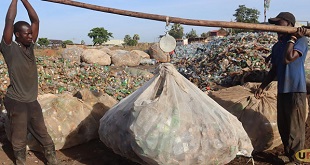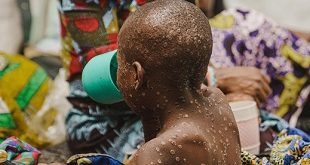
Kampala, Uganda | THE INDEPENDENT | The Forum for Women in Democracy-FOWODE, a non-governmental organization that promotes the participation of women in leadership is concerned that the Covid-19 relief funds could lead to more violence against women.
Speaking to Uganda Radio Network about a report dubbed, ‘Budgeting for Peace’, that the organization recently released, Patricia Munabi Babiiha, the Executive Director of FOWODE said that their research in the past has shown that women are at the mercy of men when it comes to household incomes.
The government announced proposals to disburse Shillings 100,000 to at least 520,000 vulnerable persons in 41 municipalities and 10 cities to help them go through the 42-day lockdown announced to stop the spread of the second wave of COVID-19.
But Munabi says this is faced with challenges especially on who should be given the money between the man and the woman. She says that many families have women or children who are the breadwinners hence should be the ones to get the money.
Munabi however welcomed the decision to use local governments to identify beneficiaries. She said if handled carefully, it will help in identifying the most appropriate people to whom the money should be given.
Efforts to speak to Dr Chris Baryomunsi, the Minister in Charge of Communication and National Guidance were futile as his known telephone number was unavailable by press time.
According to the report, the country spends billions of shillings as a result of violence against women and girls. In a pilot study in the two districts of Sheema and Kabale, it was noted that the government would be saving billions of shillings if it invested more in stopping violence against women and girls.
“This study has revealed that the costs arising from violence against women and girls born by individuals, children, and households in the Buhara and Kamuganguzi sub-counties in Kabale district total 94.73 Billion Shillings while in Kyangyenyi and Rugarama sub-counties in Sheema district, the costs amount to 72.2 Billion Shillings, these costs are very high and must be a major contribution to the high poverty levels in the respective communities,” the report notes.
It adds that the violence also has multiple immediate to long-term physical, sexual, financial, and psychological impacts, which hinder agricultural production, income generation, learning, school completion, future employment, and income-earning opportunities.
Munabi wants the government to invest more money in the prevention of violence against women and girls and not leave the task to donors and non-governmental organizations.
*****
URN
 The Independent Uganda: You get the Truth we Pay the Price
The Independent Uganda: You get the Truth we Pay the Price



